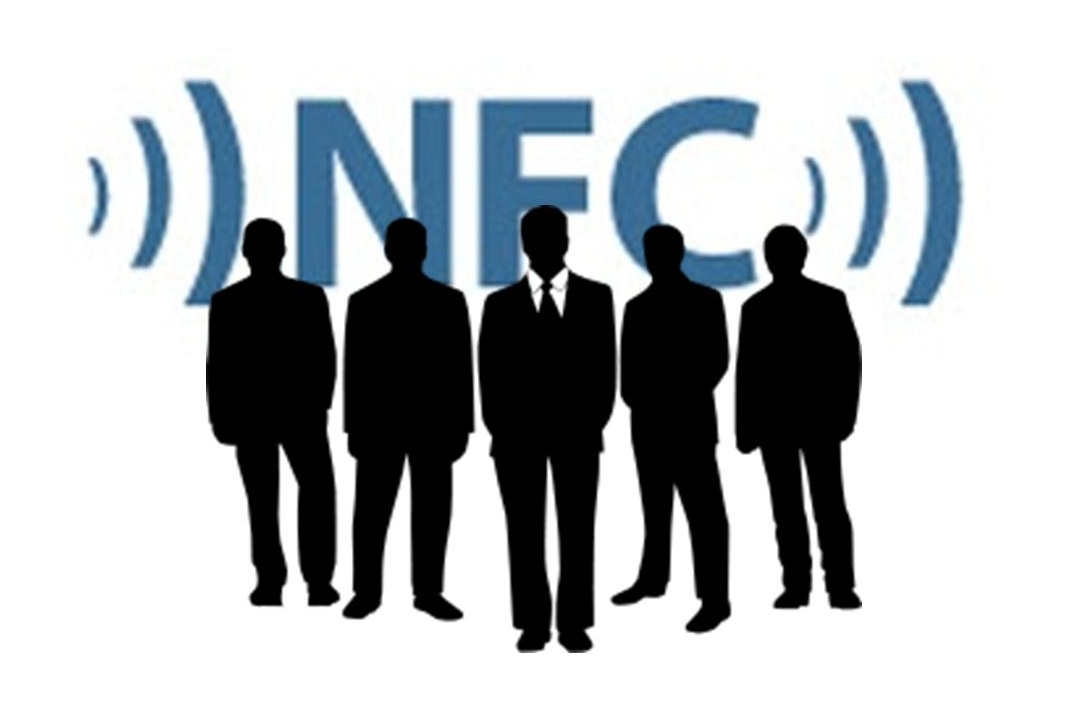Wearable technology is advancing at a rapid pace. Modern wearable devices may not be anything to fawn over, but a new generation of these devices is dawning. Apple recently revealed its Watch device, which is equipped with more features than any other smartwatch. The device is quite similar to a conventional smartphone, but designed to be significantly more intuitive and cater to its user’s movements and gestures.
Many wearable devices that are available today are simply novelty. They offer nothing more than a relatively interesting experience that is very similar to what can be found on a smartphone or tablet. These devices are often designed to serve a very specific purpose, such as tracking a person’s heart rate during an exercise or offering an interactive entertainment experience. Augmented reality headsets are somewhat more valuable in terms of the features that they offer, but these devices are typically only used for entertainment or social media purposes.
 Current wearable devices may be little more than a stepping stone toward something much greater. Wearables are still not very popular in any conventional market, but they have shown that people are interested in new technology that is much more than a smartphone. As wearable technology becomes more advanced, it will likely become more integrated with humanity, moving from novelty to necessity in much the same way other mobile devices have. Once that happens, such technology could have a major impact on society as a whole.
Current wearable devices may be little more than a stepping stone toward something much greater. Wearables are still not very popular in any conventional market, but they have shown that people are interested in new technology that is much more than a smartphone. As wearable technology becomes more advanced, it will likely become more integrated with humanity, moving from novelty to necessity in much the same way other mobile devices have. Once that happens, such technology could have a major impact on society as a whole.
Integrated technology is not a new concept. There are already people with NFC chips implanted beneath their skin. These chips can be programmed to serve a variety of purposes, from accessing electronic locks to providing easily accessible information about a person. It may be years before someone has a smartphone installed in their body, but wearable technology is beginning to show that such a thing could be possible at some point in the future.
Tapit to promote NFC technology in China with the help of 99 Wuxian
Tapit Media, an Australian company specializing in NFC technology, has announced that it has formed a partnership with 99 Wuxian, a mobile commerce company based in China. Together, the two companies aim to revolutionize China’s mobile commerce scene through the use of interactive marketing campaigns that leverage NFC technology. This technology will make marketing campaigns more interactive and may go a long way in effectively engaging the growing number of mobile consumers in the country.
NFC is becoming more popular as a form of interactive marketing for mobile consumers
NFC is typically used in mobile commerce, but it has seen some action in marketing. As consumers become more mobile, they are beginning to respond more to interactive marketing rather than traditional marketing. Interactive campaigns have proven to be more effective at engaging mobile consumers because they offer some form of dynamic engagement, even if this engagement only takes the form of scanning a barcode.
99 Wuxian to incorporate NFC technology from Tapit into its business offerings
 The Chinese mobile commerce firm believes that NFC technology is the next evolution of QR codes. The firm will be using the technology developed by Tapit for its various services, which nine out of 10 Chinese banks currently use. The joint venture between 99 Wuxian and Tapit is expected to bring NFC technology to the forefront of China’s evolving commerce sector. It may also increase the value of NFC-enabled mobile devices, which are still relatively rare in the global market. The growing demand for mobile commerce services has made such devices more attractive.
The Chinese mobile commerce firm believes that NFC technology is the next evolution of QR codes. The firm will be using the technology developed by Tapit for its various services, which nine out of 10 Chinese banks currently use. The joint venture between 99 Wuxian and Tapit is expected to bring NFC technology to the forefront of China’s evolving commerce sector. It may also increase the value of NFC-enabled mobile devices, which are still relatively rare in the global market. The growing demand for mobile commerce services has made such devices more attractive.
NFC is losing ground in the mobile field because of concerns regarding security
NFC has been losing support in the mobile field because of security concerns recently. These concerns are largely found within the mobile commerce space, where a massive amount of financial information is being trafficked between businesses and consumers. The technology stills forms much of the mobile payments infrastructure, but some companies are looking for alternatives to NFC that they perceive as more secure.
 Current wearable devices may be little more than a stepping stone toward something much greater. Wearables are still not very popular in any conventional market, but they have shown that people are interested in new technology that is much more than a smartphone. As wearable technology becomes more advanced, it will likely become more integrated with humanity, moving from novelty to necessity in much the same way other mobile devices have. Once that happens, such technology could have a major impact on society as a whole.
Current wearable devices may be little more than a stepping stone toward something much greater. Wearables are still not very popular in any conventional market, but they have shown that people are interested in new technology that is much more than a smartphone. As wearable technology becomes more advanced, it will likely become more integrated with humanity, moving from novelty to necessity in much the same way other mobile devices have. Once that happens, such technology could have a major impact on society as a whole.
 The Chinese mobile commerce firm believes that NFC technology is the next evolution of QR codes. The firm will be using the technology developed by Tapit for its various services, which nine out of 10 Chinese banks currently use. The joint venture between 99 Wuxian and Tapit is expected to bring
The Chinese mobile commerce firm believes that NFC technology is the next evolution of QR codes. The firm will be using the technology developed by Tapit for its various services, which nine out of 10 Chinese banks currently use. The joint venture between 99 Wuxian and Tapit is expected to bring 